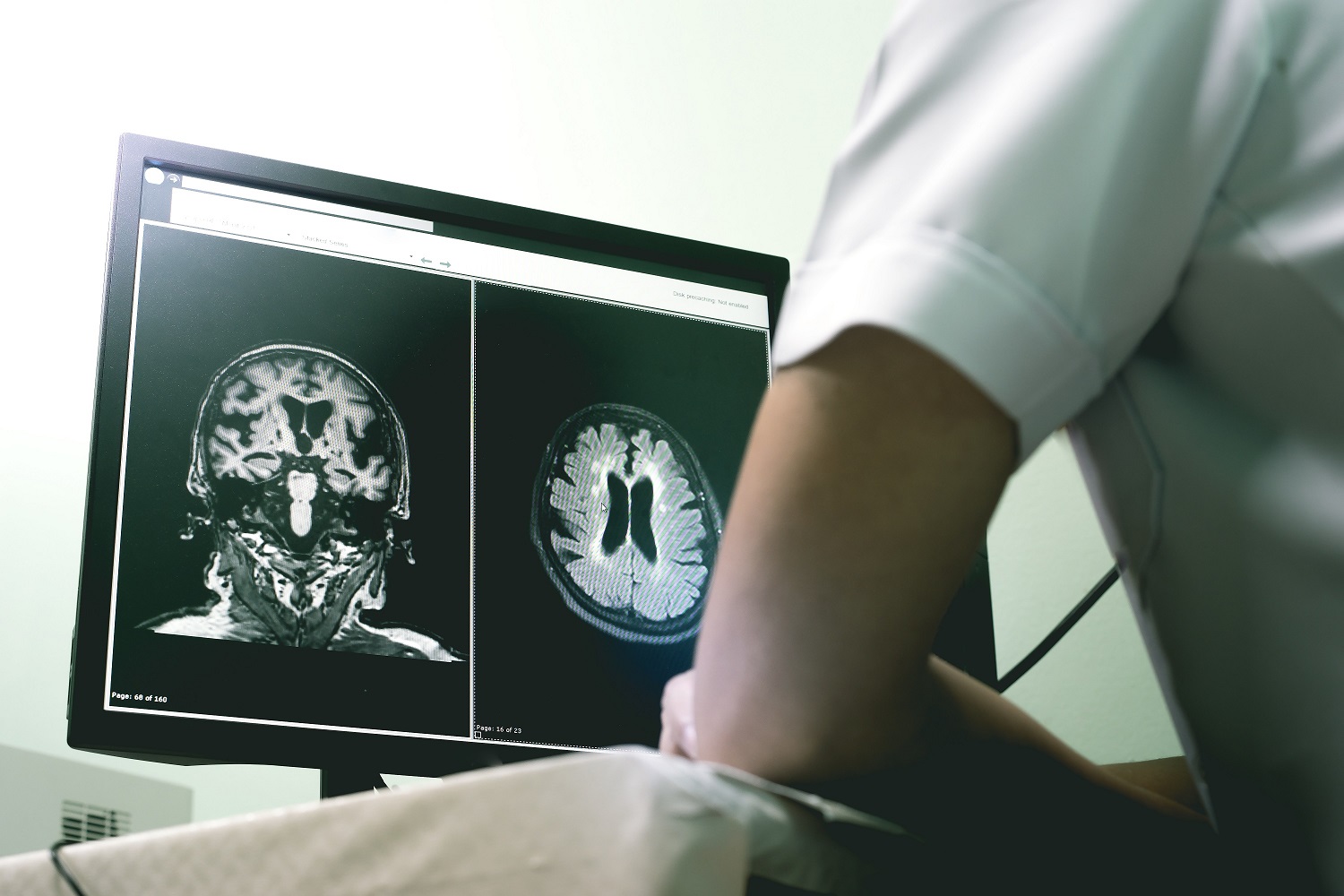
What Are the 7 Stages of Vascular Dementia?
Vascular dementia is a common type of dementia that affects blood vessels in your brain. Vascular dementia can affect people of any age, but it is most common in people over the age of 65. There are seven stages of vascular dementia, and different symptoms characterize each stage. In this article, we will discuss each stage and what to expect. We will also offer tips on how to identify the signs and symptoms of vascular dementia and how to deal with them. Read on to find out more about vascular dementia stages.
Contents
Vascular Dementia Stages
As we age, our brains slowly lose function. While manageable at first, these changes will gradually make life difficult for seniors. And while some of the earliest signs of vascular dementia are subtle, they’re important to watch for. These early signs can cause problems with memory, thinking, and judgment, as well as movement.
Keep reading if you’re a senior interested in detecting specific vascular dementia stages and learning more about the later stages of this unfortunate disease:
1. Normal Behaviour
People in the early stages of Vascular dementia behave fairly normally. This means that a person with vascular dementia may not be aware of their condition because they are experiencing no discernible symptoms. Despite the absence of visible symptoms in the early stages, changes in the brain will have already begun. Early dementia might occur several years before any symptoms appear.
2. Very Mild Cognitive Decline
The first symptom is forgetfulness in the early vascular dementia stages, although many people confuse this with ordinary age-related forgetfulness. You or a loved one may start forgetting where you’ve put things around the house. This is not usually a huge deal for people because modest deterioration is natural as we age, but it is, in fact, the second stage of dementia.

3. Mild Cognitive Decline
The third stage of vascular dementia is characterized by Mild Cognitive Impairment and increased forgetfulness. This period might linger for years and may leave you with the impression that something isn’t quite right. As dementia progresses, a person may begin to forget appointments or misplace goods on a regular basis, often inadvertently. Stage three dementia is still believed to be in its early stages.
4. Moderate Cognitive Decline
Moderate vascular dementia is the fourth phase and is when the symptoms become more noticeable than before. Patients with dementia may forget to pay their bills or have difficulty calculating money at this stage. They may also be unable to recollect simple things, such as what they ate for their last meal. This stage can endure for several years. This is also when people around the patients notice a considerable change in their behaviour.
5. Moderately Severe Cognitive Decline
The fifth stage of vascular dementia is when daily life becomes challenging. This is classified as a relatively severe decline and is indicative of late-stage dementia. While a person with stage five dementia may still be able to shower, feed, and use the toilet, they may struggle to remember details such as their address, phone number, and proper attire. Although stage five dementia is advanced, most people can recall relatives and friends, as well as vivid childhood recollections. Patients need a considerable amount of assistance and support during this period.
6. Severe Cognitive Decline
Living independently is usually not possible at stage six. This is the stage at which symptoms such as incontinence and difficulties swallowing may appear. People with stage six dementia can still recognize loved ones, but they may be extremely confused most of the time. Changes in behaviour are also possible, with hostility and anger being typical. Patients with stage 6 vascular dementia need around-the-clock care and will benefit from treatment that can contain some of the symptoms caused by the disease.
7. Very Severe Cognitive Decline
Most patients with vascular dementia, unfortunately, die before reaching stage seven and experience very severe cognitive impairment. Death will usually happen as a result of other health issues, but those who reach stage seven will require 24-hour care and supervision. People with dementia will struggle to converse or accomplish practically anything independently in this terminal stage of decline.

Diagnosis of Vascular Dementia
Vascular dementia is a debilitating condition that affects the brain and spinal cord.
There is no one-size-fits-all approach to treatment for vascular dementia, but there are steps you can take to help improve your odds of success. The first step is to get a diagnosis. In that case, your doctor will inquire about your symptoms and do a physical exam to look for indicators of dementia. MRIs are often the recommendation because they can reveal more data regarding strokes, ministrokes, and blood vessel abnormalities than CT scans and are the preferred test for diagnosing vascular dementia. For more on this, check out Can MRI Diagnose Alzheimer’s?
Treatment of Vascular Dementia
If you’re diagnosed with vascular dementia, you’ll likely need treatment to protect your brain and spinal cord. Treatment for vascular dementia may include medications to improve memory and thinking, physical therapy to help with coordination and balance, and counselling to help you deal with stress and anxiety.
You can also limit the disease’s progression by containing the factors affecting your cardiovascular health, such as:
- Eating a healthy, balanced diet.
- Losing weight if you’re overweight.
- Stopping smoking.
- Getting fit.
- Cutting down on alcohol.
- Taking medicines, such as those used to treat high blood pressure, lower cholesterol, or prevent blood clots
If you or a loved one is experiencing symptoms of vascular dementia, don’t wait to seek help. The earlier you start treatment, the better your chances of a successful outcome. Read here on Early Diagnose Alzheimer’s & Dementia.
Final Words
We hope you enjoyed our article about vascular dementia stages. Vascular dementia is a progressive neurodegenerative disease that affects the blood vessels in the brain. We hope this blog has given you a better understanding of the 7 Stages of vascular dementia and your options after its diagnosis. The earlier you can detect vascular dementia, the better your chances of successful treatment.
I remember when my dad was still himself before vascular dementia took hold. He used to take me to the park on sunny days, and we would play on the swings and slide down the slides together. Now that daddy is struggling with dementia, things are more complex. He sometimes forgets who I am or gets confused about where we are. But I still hold onto those happy memories of him when we laughed, played, and learned together. Even if he can’t remember them now, I will always cherish those moments with my daddy.
Hi, I’m 31 years old and have a family history of vascular dementia. Despite keeping in touch with my doctor and trying to lead a healthy life, I am terrified to develop it myself. My life has been robbed of joy by this thought. Every little forgetfulness makes me think I’m next!